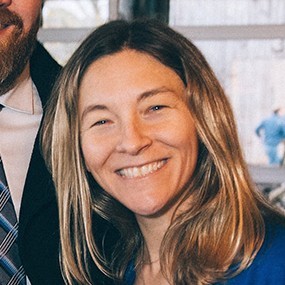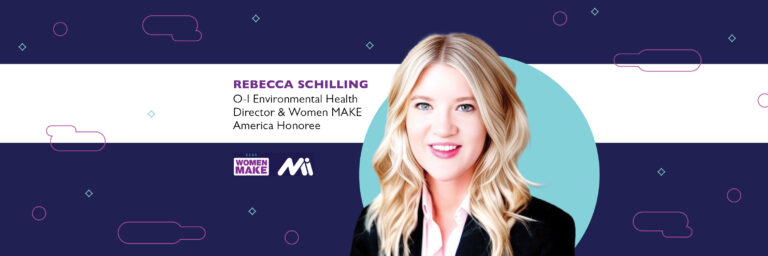When you toss your bottle into the recycling bin, ask yourself, what are the factors that influenced you to choose the bin vs the rubbish? What factors drive the success of recycling and the failures of waste?
Randy Burns, O-I’s Chief Sustainability and Corporate Affairs Officer challenged more than 60 leaders and influencers from the Great Lakes region of the U.S. and Canada to examine the unconscious factors (or nudges) that impact the success of the circular economy.
The Council of the Great Lakes Region hosted a virtual briefing and dialogue to share objectives, approaches and best practices on building a more circular economy in the area. Burns was a featured speaker along with Adam Mullerweiss, the Chief Sustainability Officer for Clarios, an innovator of automotive batteries.
In his presentation, Burns called upon attendees to look at the circularity of glass bottles through the lens of economist Richard Thaler’s “Nudge Theory.” In short, the theory examines factors that influence perception and choices.
For example, Burns asked attendees what value recycling programs are communicating about packaging when they are mixed with waste for sorting? Is that creating the illusion that packaging is disposable waste or a valuable feedstock that can reduce impacts on emissions, energy consumption and raw materials in producing new packaging?
To learn more about the unconscious nudges related to circularity and the inherent sustainability of glass packaging, watch Burns’ full presentation.








